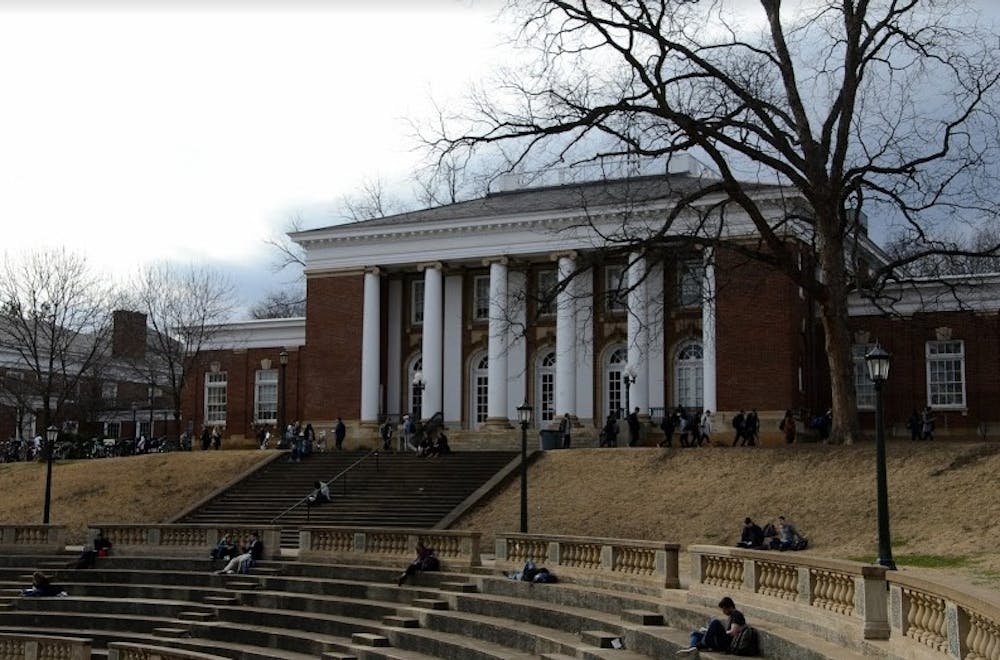Since the unanimous vote by College faculty in October, the Carter G. Woodson Institute for African-American and African Studies has reached the final step in becoming a department. The institute has passed through all University hurdles and now awaits for approval from the State Council on Higher Education.
According to Thomas Katsouleas, the executive vice president and provost of the University, there were several elements that signaled the institute was ready to become a department — including students’ growing demand for the African-American and African Studies major and minor and the developing strength and success of the institute.
“The third thing was that we had an external review that took place last April and that external review by leading scholars in African studies from around the country evaluated the program and identified the opportunity to create a department that would be of the quality and caliber that U.Va. would be looking for in a department,” Katsouleas said.
Although it is unclear when the State Council on Higher Education will announce its decision, the institute has spent the last year hiring more faculty in order to meet the demands of a department immediately.
“We have recruited strong new faculty in the preparation for becoming a department to allow the department to have a running start,” Katsouleas said. “There has been a lot of planning and discussion among faculty themselves as well.”
Many higher level decisions, such as selecting a chair for the new department, will fall under the jurisdiction of the College Dean Ian Baucom, who did not return request for comment Wednesday.
Third-year College student and Black Student Alliance President Bryanna Miller expressed what the departmentalization of the Institute means not only for the institute itself, but also for the status of African-American Studies on Grounds.
“The benefits of it becoming a department are two-fold. One is that it allows the department to have the ability to hire faculty independently,” Miller said. “Secondly it also elevates the field of African American studies at the University of Virginia and that is a key development overall.”







